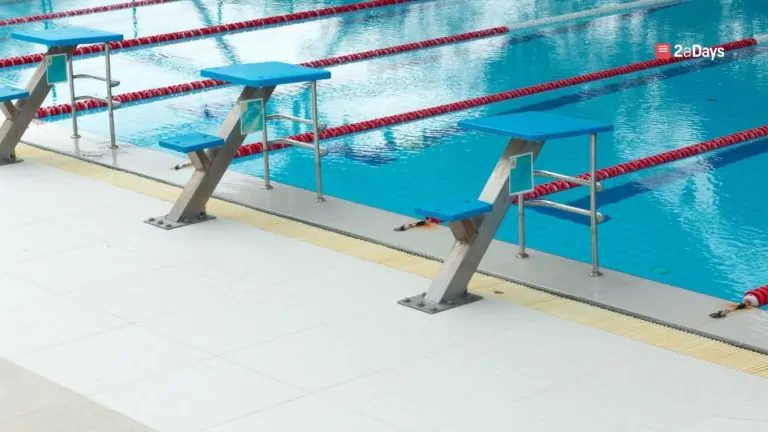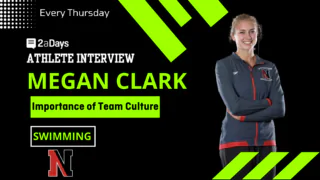Fencing in college is more popular than you would think. Many schools around the country have fencing programs offered at their school, whether that is at the Division I, intramural, and club level. Since many schools at all levels do offer some sort of fencing program, there is no need to sacrifice academics or have to make decisions based on your education versus your sport. Considering that the fencing world is a very tight-knit community, the chances of a fencer advancing to the collegiate level is much higher than any other sport (about 32.3% for men and 38.1% for women according to fencing.net ). Also taking into account the number of teams and the number of fencers in the nation, there is a much higher chance to play at the collegiate level compared to most “mainstream” sports.
The best way to land a spot on a collegiate fencing team (especially at varsity level) is to make your presence known to all college coaches. Just like any other sport, you want to make sure potential coaches see you compete so they can get a sense of your style and if you would be an asset to their program. At the NACs, a national fencing competition held every month or so, college coaches attend and “scout” for talent. There are also college ID camps and tournaments you can attend to get noticed. These events are also a good place to introduce yourself to coaches and start forming relationships. Definitely do your research about the schools that will be there before the tournaments and know which ones you are interested in talking to. But before creating connections with these potential coaches, you first need to think about narrowing down your search academically.
First, take a look at your test scores (SAT, ACT), high school GPA and AP credits if you have them to figure out which schools would be realistic for you to attend. Just like any other college decision process, come up with a list of your safety, target, and reach schools. Along with your academic record, it is also recommended that you compile your fencing results and stats so you can easily pass along the information to prospective colleges. Once you've narrowed down your criteria, only then should you start reaching out to coaches via email to express your interest in their program. Try to give them as much information as succinctly as possible, so they are not spending 10 minutes reading your autobiography. This would also be a great opportunity to let them know what upcoming tournaments you will be competing in (especially if you are coming to a tournament at their school) and ask if they can attend any of your matches. Depending on your year in high school and the subsequent NCAA rules that apply to you, it is always great to try to meet coaches face to face. Try to go to tournaments where the coach of the school you are interested in does not have to travel very far to watch you compete. Some schools even host their own tournaments, so definitely do some research to find out when and where these are held. The website askfred.net (FRED stands for Fencing Results and Events Database) is a great tool to find events, and at the bottom left hand side of the home page, there is a list of “other sites” which can direct you to more resources.
Another important tip from a collegiate player is to get on a club team in high school. According to him “The NCAA is not very helpful in telling high school athletes about fencing programs,” so it is good to do a little research on your own about these clubs so you can develop your skills and knowledge about the sport at a higher level. You are also much more likely to network within your club community and build your rankings. Most tournaments are organized based on rankings, so you will be able to compete in certain tournaments depending on your club's rank. Finally, definitely use your club and high school coaches as resources for getting in touch with college coaches. Being a coach in the fencing world, they are bound to have more than a few connections, and they will also be able to personally vouch for you and your abilities.
Not everyone's situation is the same, and many athletes take different paths and have different ambitions when it comes to playing their sport in college; maybe you want to play at a D1 school and get a scholarship or maybe you want to be on the school's club team. Either way it's never too early to do a little research and find out the path that best suits you.
* Originally published on August 20, 2016, by LRT Staff







